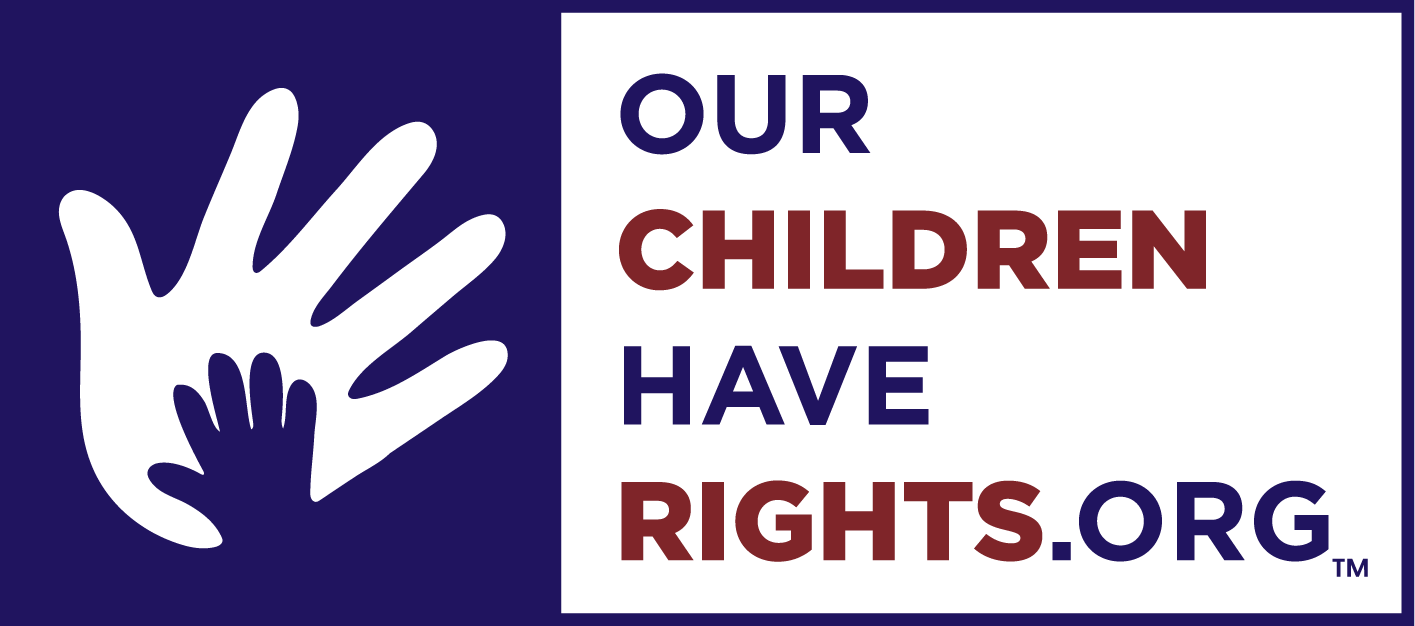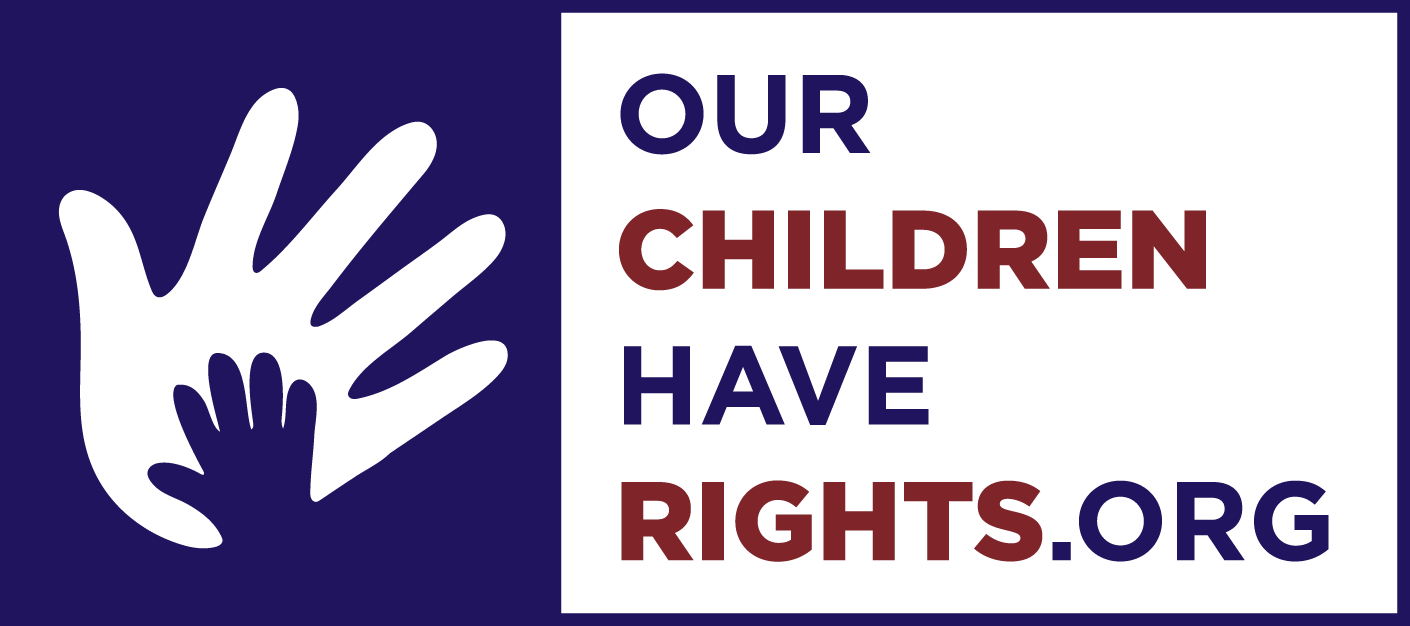
What is a Parenting Plan?
A parenting plan is a document developed and agreed to by the parents of a minor child and approved by the court. Or, if the parents cannot agree on a plan, it will be established by the court.
A parenting plan governs the relationship between the parents regarding the child.
It may address issues such as the child’s education, health care, physical, social, and emotional well-being, and must include a time-sharing schedule.
Notable Terms & Definitions
Time-sharing schedule means a timetable that must be included in the parenting plan that specifies the time, including overnights and holidays that a minor child will spend with each parent. If developed and agreed to by the parents of a minor child, it must be approved by the court.
Shared parental responsibility means a court-ordered relationship in which both parents retain full parental rights and responsibilities with respect to their child and in which both parents confer with each other so that major decisions affecting the welfare of the child will be determined jointly.
Sole parental responsibility means a court-ordered relationship in which one parent makes decisions regarding the minor child.
To help you and your co-parent get started with writing your parenting plan, consider this checklist of important topics & issues.
Parenting Schedule
Holidays
Birthdays and Other Special Occasions
School Holidays, Sick Days, & Vacation
Travel
Discipline
Health Care
Education
Financial Responsibilities
Parent Communication

Additional Resources
BabyOutOfWedlock.com is a helpful resource for detailed information & an in-depth description on creating Parenting Plans.
Custodyxchange.com is a helpful resource to help you learn how to make your parenting plan.
Ourfamilywizard.com another helpful resource that we have identified to help make your parenting plan.
TalkingParents.com is a helpful resource for co-parents who need assistance in effectively and consistently communicating.
Building Your Parenting Plan
Develop your parenting plan with confidence by considering these factors:
What were the childcare duties prior to separation?
What were the roles with extracurricular activities?
Parenting duties will be divided, know your strengths & weaknesses.
How will your employment be impacted with new arrangements?
You will need mechanisms in place to resolve disputes… What usually works when you have disagreements? Is there a preferred communication method?
Some parenting plans are vague, some are more specific. These are the types of factors that should drive the language you include in your plan.
Consider Hiring a Lawyer to Draft Your Parenting Plan
Lawyers may be involved in helping you write a long-lasting plan and communicate your ideas to your co-parent through their lawyer.
Including Stipulations in Parenting Plans
Parents may include stipulations regarding what they want the other parent to follow. Knowing each other’s tendencies is a major factor that should drive the language included in any stipulations. It should determine how vague or how specific provisions are worded. Here’s a list of common stipulations:
Shared Parent Responsibility & Decision-Making:
Parents need to have information about how they will share decision-making responsibility for the child. Stipulations are a good place to provide further information about how the parents will make decisions and share that obligation. A specific stipulation could spell out that each parent must give input when deciding on the child's education or healthcare, etc. There could also be a stipulation that spells out the penalties if a parent neglects to consult the other.
Parents can include a provision requiring both to discuss and agree before enrolling the child in extracurricular activities. If one parent is solely responsible for extra-curricular expenses, it’s reasonable for them to be involved in what the activities are. Example, soccer vs. lacrosse. Soccer may include cleats, shin-guards and other accessories. Lacrosse could be $1,500+ worth of gear!
Extra-Curricular Activities:
Being on the same page about childcare is very important. This can ensure that both parents know who is caring for the child. For example, stipulating that if a parent needs a sitter, the other parent has the right of first refusal if certain people are not allowed to care for the child, etc. This could a relative or a friend that one parent simply doesn’t trust.
Childcare:
Parents can set up rules about how they communicate with the children. Some stipulations will outline when a parent can call on days the child is at the other parent's house. This could also include method of communication (phone, FaceTime, Skype etc.).
Parent-Child Communication:
Chemical Substances & Alcohol While the Child is Present:
Some plans include requirements that parents can’t drink alcohol while caring for the child. Or that the child is not exposed to smoke from tobacco, e-cigarettes or marijuana. Whether or not these are included should depend on behavior history and if it’s effected parenting ability. If it’s never even been a topic of discussion, it might be best to avoid being brought up in the first place.
Parents generally include, and some courts require parents to include, mechanisms as to how co-parents will resolve disputes. This can also include the process regarding how modifications will be made to the plan if there are substantial changes in circumstances.
Mechanisms For Resolving Disputes:
A strong parenting plan helps you balance childcare and career growth while creting stability for your family.
Parenting Plans & Career Development
A parenting plan provides structure for everyday life:
Clear responsibilities for each parent
Predictable schedules for work and family
Confidence to commit to career opportunities
Clarity & Stability
With a reliable routine, you can:
Enroll in workforce training or certificate programs
Take on new job responsibilities
Pursue education without last-minute childcare worries
Support for Career Growth
Because it’s legally recognized, a parenting plan:
Minimizes misunderstandings with the other parent
Reduces arguments over scheduling
Frees up mental energy to focus on your career
Reduces Conflict & Stress
A good plan is both practical and adaptable.
Fits your actual work schedule
Outlines childcare and backup arrangements
Allows for modifications as careers and kids grow
Realistic & Flexible
When parenting and career are aligned, everyone benefits.
Improved financial stability
Stronger emotional well-being for you and your children
Greater career satisfaction
Published Articles
Parenting Plan Considerations For Teenagers (15-18)
Parenting plans with children age 0-5 should address unique child development considerations. What about parenting plans for teenagers, age 15-18? Post-high school planning becomes more important. What if one parent believes technical college is the best career path for the child, compared to a university? Who decides? Who pays? Is there a provision that caps tuition payments, which may be an expense assigned to one parent?...
Child Development Considerations for Parenting Plans
Published in Paradise News Magazine
This article is meant to inform parents that Age Appropriate Parenting Plans exist, including “Age-Based Guidelines for Parenting Plans and Schedules”. There are also mediators who specialize in this and can facilitate a process that best fits the circumstances. Other resources include child development, educational experts…
Addressing Education in Parenting Plans
Published in Paradise News Magazine – December 2024
Knowing what education-related issues to consider can help parents anticipate disagreements and be better prepared to draft a parenting plan they agree on. The more prepared both parents are regarding each other’s concerns, the more likely they can work collaboratively and agree on a plan that best supports the child’s education.
Parenting Plans create time-sharing, which provides clarity. Clarity regarding responsibilities, including who has responsibility for the child(ren) on which dates, times, how they make exchanges, where, and when. The parenting plan is a court order, it creates accountability.
Co-Parenting To Pursue A Career
How Tampa Bay’s Manufacturing Industry Helps Us Achieve Successful Co-Parenting Strategies
In 2024, we joined the Bay Area Manufacturers Association. Our goal was to gain industry knowledge to better assist custodial & non-custodial parents who have co-parenting & employment needs.
Addressing Swim Safety in Parenting Plans
One of the most difficult areas to address in Parenting Plans is extracurricular activities. these are optional activities, like swimming lessons, soccer, and dance lessons. With shared decision-making, participation may be determined by each parent on the days they have time-sharing. Parenting plan considerations include decision-making, scheduling, and transportation.























